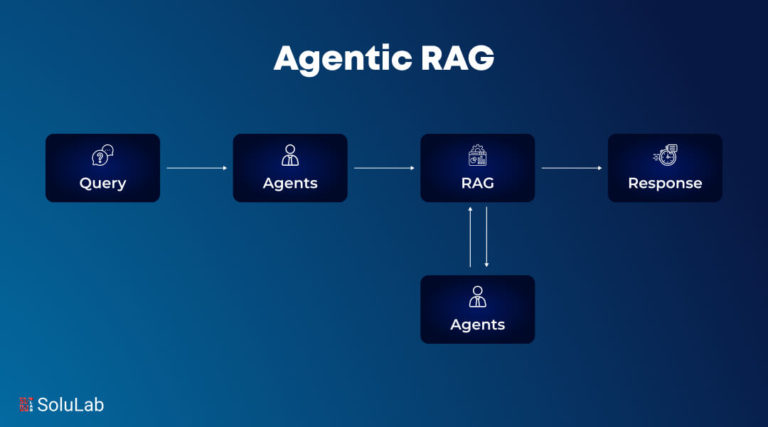Companies, as well as individuals, are recommending ICOs. This is because they can be used to raise capital along with participation in investment opportunities.
How would you define ICOs?
Initial coin offerings or ICOs can be used for raising capital using blockchain technology. From the issuer’s side, the collected funds are used to fund a project that could be like building up software.
What is the public saying on ICO regulations?
A very recent paper tells that the experts of cryptocurrency are arguing on the current U.S. securities laws. They say that these laws lack the accurate technical meanings which are significant for ICO regulations.
They contend that a much better disclosure framework is wanted to lessen the ambiguity surrounding tokens and make economic markets more efficient and transparent.
ICOs are often confused with the other assets of blockchain technology. Simply put, blockchain only assists financial transactions which are beyond the scope of traditional markets. A good example is stock exchanges!
Unique challenges presented by the U.S regulatory framework
Federal disclosure standards define what information businesses must give to prospective investors, do not expressly address ICOs, and unconventional securities laws demand nothing more than a “brief description” of the rights involved.The rights anticipated here relate voting, dividends, and liquidation, none of which are directly engaged in traditional ICOs.
Current laws require issuers to disclose ICO characteristics that are similar to traditional securities. Nonetheless, the distinctive “utility” functions of a token—for example, digital access rights rather than claims on profits or dividends—are likely to fall outside of the features protected by current legislation.
Existing ICO securities filings often fail to offer the information that ICO investors would find most useful. ICOs depend on explanatory documents known as “white papers” rather than comprehensive disclosure statements that businesses must submit before a public securities offering. These papers explain the technical issue and associated solution that a certain blockchain-backed token is intended to address and serve as marketing and fundraising materials.
Unfortunately, white papers are almost entirely circulated among technologically savvy investors who can understand the complicated formulas and statistical models, thus excluding unsophisticated retail customers from meaningful involvement in ICOs. Furthermore, tech-focused white papers often offer less business and market-related information than is needed under the current U.S. disclosure system, which includes off-balance-sheet agreements that are not included in white papers. According to Brummer and his coauthors, these factors make ICOs riskier and less attractive than conventional securities.
A primary drawback of securities laws as they relate to ICOs is that companies must disclose both historical financial data and “forward-looking” information. However, because of their digital nature, most ICOs will not have to operate “histories” that go beyond a few lines of code at the moment of publication.
Furthermore, the incredibly complicated structure of the software that underpins ICOs makes auditing very challenging, necessitating a thorough examination of even the most fundamental parts of the code.
The legislative classification of ICOs as "securities" does not automatically put them inside an effective regulatory framework.
To better safeguard investors and guarantee that the virtual marketplace continues to develop, a flexible disclosure structure is required to handle the fast expansion of ICOs and other digital-age financial instruments. Transparency and flexibility in ICO disclosure laws will create value for the investing public. Moreover, demystifying the nature of cryptos may result in a strong comeback and a world of economic opportunities.
The Securities and Exchange Commission (SEC) regulates financial markets in the United States, and they have authority over new ICOs that are investment products offered to American consumers. While it is feasible to establish a lawful ICO in the United States, the SEC uses a series of criteria known as the Howey Test to evaluate whether or not the ICO is marketable security. ICOs that fail the Howey Test are subject to the same restrictions as public equities, including the need to register and adhere to stringent securities legislation.
The financial and logistical costs of developing a compliant, publicly listed asset are too expensive for most businesses, much alone blockchain startups. As a result, to establish an ICO accessible to American consumers, it must satisfy the Howey Test. Regulations of the European Union also closely resemble the principles of the Howey Test.
This post is not legal advice and should not be used instead of consulting with a lawyer to establish an ICO. It will, however, provide you with recommendations and best practices from previous crowdsales on how to build a legal ICO.
Regulations In Relation To Securities
With the recent surge in Ethereum-based ICOs, authorities have started to focus on cryptocurrencies. Securities commissions exist to safeguard customers from risky or fraudulent investments. The current surge in ICOs has resulted in a rise in pump and dump schemes in which tokens have no intrinsic value. Regulators are naturally worried about fraudulent initial coin offering (ICO) activities. In many instances, doing an audit of an ICO or determining the validity of a token is challenging.
As a result, the SEC has provided recommendations to consumers considering investing in ICOs but has not released specific guidelines to ICO founders on remaining compliant, other than the suggestion to contact a lawyer. In the lack of ICO-specific rules, the SEC has resorted to categorizing ICOs as either security or not a security.
Securities are investment possibilities that are publicly traded. A security may be established in the United States via an Initial Public Offering of a corporation’s shares or under lighter-weight regulations such as Regulations D, S, A+, or Crowdfunding. Once registered with the SEC, securities are subject to audits, anti-money laundering laws, and KYC procedures, complicating the process of creating and maintaining an ICO.
However, to avoid regulatory problems, most ICOs have tried to avoid categorization as a security in the last year. ICOs seeking to circumvent regulatory obstacles often highlight the token’s usefulness as a kind of money on a new software platform. They aim to do this by giving the token a defined value, much as if the user were buying a gift card or license to use the future network.
Another strategy of many ICOs to circumvent securities law is to frame the ICO as a donation effort to a non-profit organization. Contributions to the ICO are therefore regarded as contributions rather than purchases of marketable securities.
While both of these methods may be appropriate for certain ICOs, they are not failsafe in avoiding security categorization. The Howey Test offers a more precise definition of what makes security.
Conclusion
We read about some challenges that could be faced with ICO regulations. However, they are an amazing novel method to raise money. Fortunately, many people are trying to accept and adopt this method.
If you are planning to put in your hard work in ICOs, do thorough research beforehand. Just like cryptocurrencies, which are risk-taking investments, ICOs are no better.




